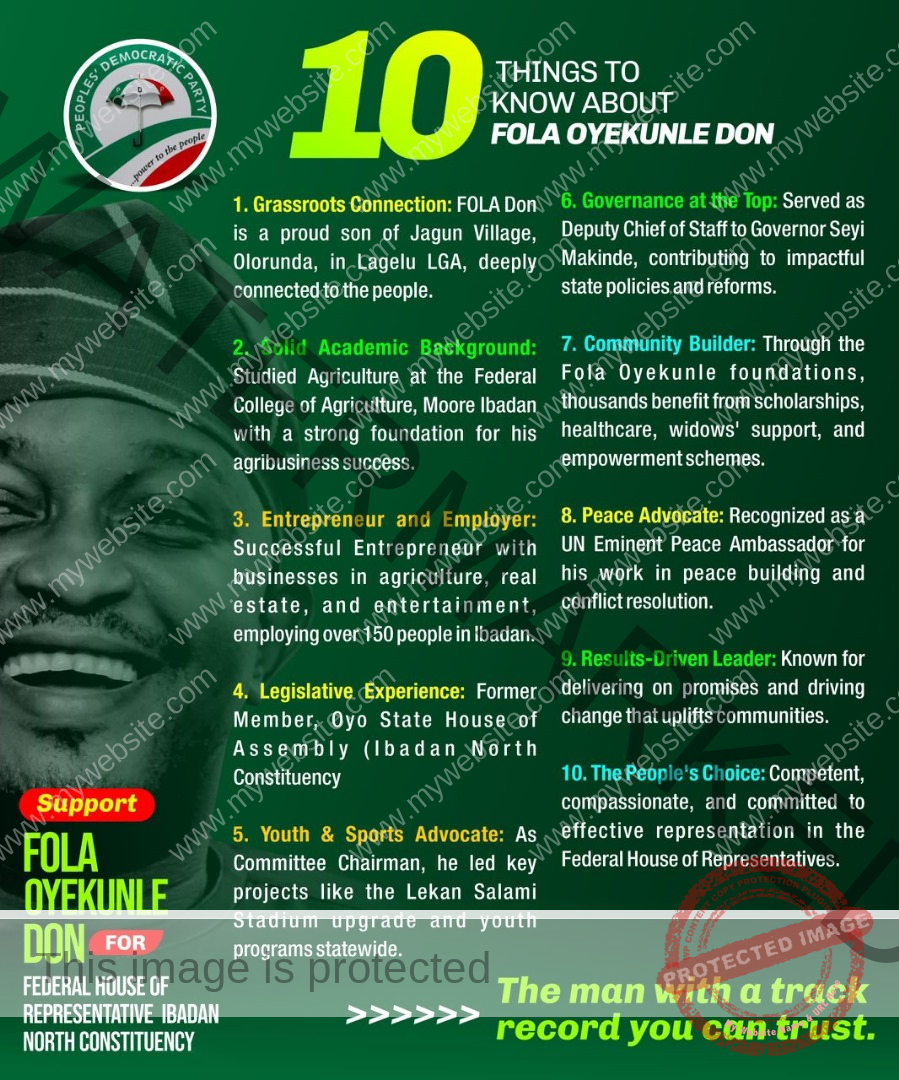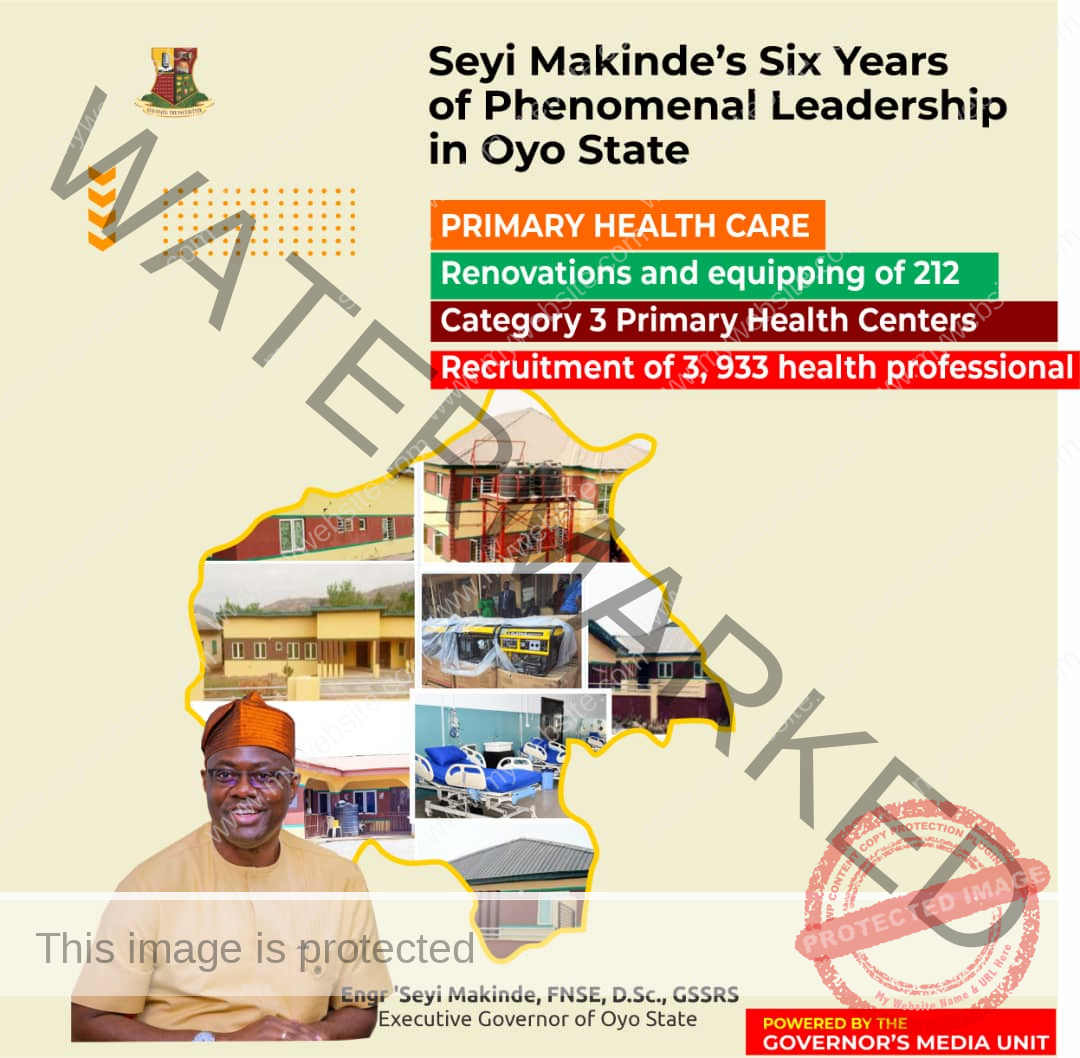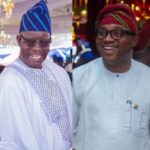

I am always big on subject of leadership, because there is no escape from its effects or implications if it delivers for those it aims to serve, or turn otherwise out of defects from those in charge. There is no escape, no ‘ifs or buts’, – leaderships have to work, it have to, yet represent a whole lot.
As the leader of the free world, the weight of one’s decisions can most definitely and unarguably be a crushing responsibility that comes with making decisions that impact countless lives. There are nuanced realities of governing in an age of polarization, politicization realities that involve every move being scrutinised and every word parsed. From the outset, one must recognise that true leadership is more than the execution of well-reasoned policies, – rather, it demands an acute awareness of custom, ritual, and the power of symbolism. Something as simple as perfecting one’s attire or demeanour can become a point of focus, and a huge representation of the gravity of the role one occupies.
In times of crisis, the public craves a narrative – a morality tale with clear heroes and villains. Effective governance, it seems, requires not just sound decision-making, but also the ability to sell one’s vision and punch back against critics (not because one doesn’t accommodate criticism, but leaders must be in charge at all times, and be reasonably responsive to critics). This quite sensitive balance between substance and symbolism is a constant tightrope walk, – one misstep can have very serious consequences. I argue that a leader’s words and actions must be carefully calibrated to inspire confidence, without appearing insensitive or tone-deaf.

Discipline, codes of conduct, and chain of command are the bedrock of sound leadership, and any failure to uphold these principles implies devastating implications. The leader’s role is both to make tough decisions, as well embody the virtues of principled leadership. This means staying informed, being aware of the complexities of the issues at hand, and communicating clearly and effectively. A leader’s story must sit comfortably with the people, must inspire trust and confidence in their ability to address the challenges ahead.
However, leadership is not just about grand gestures or sweeping policies; it is also about the small, everyday moments that reveal character. A leader’s ability to connect with their people, to empathise with their struggles, and to inspire hope is just as important as their policy decisions. This requires a deep understanding of the human experience, a willingness to listen, and a commitment to serving the greater good.
Trapped in their own “high-mindedness,” some leaders perhaps fail to craft a narrative that fits in with their people, ceding the political structure to their critics. This highlights the importance of storytelling in leadership – the ability to convey a vision, to inspire, and to motivate. A leader’s story must be authentic, relatable, and compelling, it must speak to the hearts and minds of their audience. I have conveyed the reality of this many times, again and again.
Political office is a human enterprise, it’s replete with the same daily mix of satisfaction, disappointment, and small triumphs that define the lives of ordinary citizens. Yet, the weight of the office demands a level of discipline, awareness, and strategic communication that few can truly master. Leaders must always find their way around the complexities of power, balance alternative interests, and struggles to make difficult choices that impact countless lives.
Some may view this treatise on leadership as a self-sermon, of course it is, – but I assure you, it is a message and thought for everyone who has ever shouldered the weight of responsibility. Having traversed the private sector and international organisations for years, and been in position of taking big and critical decisions, I have an understanding of the various intricacies that surrounds leadership. My experiences have broadened my knowledge and deepened my conviction to practice these principles, even in a complex political setting like ours.
More importantly, I see leadership as a continuous learning journey, not a destination, – which demands humility, adaptability, and a willingness to evolve. To those who aspire to lead, I offer these words of wisdom to you and myself: leadership is not about personal aggrandizement, but about serving others. It is not about wielding power, but about empowering others, it is about building institutions and people, and holding true to oneself.
~ Amofin Beulah Adeoye
December 13, 2024
You can get every of our news as soon as they drop on WhatsApp ...To get all news updates, Join our WhatsApp Group (Click Here)













